Officials and civil servants who receive gifts worth 2 million VND or more must return them to their agencies and units.
Building integrity in the operations of agencies, organizations and units is one of the important pillars in preventing and combating corruption. This is a new regulation stipulated in the Draft Law on Prevention and Combating Corruption (amended).
This regulation is based on the collection and systematization of a number of groups of regulations of the current Law, including: code of conduct for cadres, civil servants, and public employees; things that cadres, civil servants, and public employees are not allowed to do; regulations on giving and receiving gifts, professional ethics, and business ethics (from Article 23 to Article 26).
Notably, regarding gift giving and receiving, the Draft stipulates that: "Cadres, civil servants, and public employees are not allowed to receive gifts in any form from agencies, organizations, units, or individuals related to the work they handle or under their management." At the same time, to ensure corruption prevention as well as feasibility, the Draft stipulates: If cadres, civil servants, and public employees receive gifts worth VND 2 million or more that are not covered by Clause 1 of this Article, they must submit them to their agencies, organizations, or units and make public the identity of the gift giver. The management and use of returned gifts shall comply with the provisions of the Law on Management and Use of State Assets. (Article 28 of the Draft requests comments for appraisal).
 |
In addition, the Draft Law has added new regulations on integrity education and the responsibilities of educational management agencies, the Government Inspectorate and a number of relevant ministries and branches in implementing integrity education and considers this an important foundation in forming and educating the personality of the young generation and the team of cadres, civil servants and public employees, thereby preventing corruption in society (Article 27). In which, it is clearly stated: "Educational, training and fostering institutions are responsible for including integrity education content in the curriculum to build personality, ethics, lifestyle and anti-corruption culture for students and the team of cadres, civil servants and public employees".
Conflict of interest is understood as a situation in which an officer, civil servant or public employee performs or fails to perform an assigned task that may bring improper benefits to themselves or their relatives. Although this is a new concept, it is already regulated in the current Law and many other legal documents.
Based on the importance of controlling conflicts of interest in preventing corruption (eliminating conditions and circumstances where corruption may occur), the Draft Law has stipulated a separate regime including articles on concepts; responsibility for informing and reporting on conflicts of interest; responsibility for processing information and reporting; authority to regulate and implement control of conflicts of interest in agencies, organizations and units (from Article 28 to Article 31).
Accordingly, it is stipulated that a person assigned to perform public duties or tasks during the performance of such public duties or tasks, if he/she knows or is required to know of a conflict of interest, must report it to the direct leader or manager for consideration and handling.
When agencies, organizations, units and individuals discover conflicts of interest among cadres, civil servants and public employees, they have the obligation to inform and report to competent authorities for consideration and handling.
Upon receiving information or reports on conflicts of interest, the recipient of the information or reports must take control measures or request competent authorities to apply control measures such as: Supervising the performance of public duties and assigned tasks of the person with a conflict of interest; Assigning public duties and tasks of the person with a conflict of interest to another person; Temporarily transferring the person with a conflict of interest to another position; Changing the position of the person with a conflict of interest.../.
According to Dangcongsan.vn

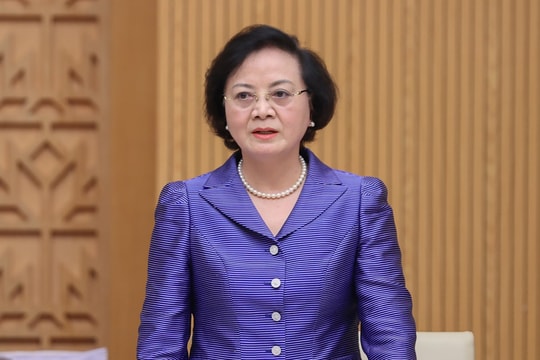
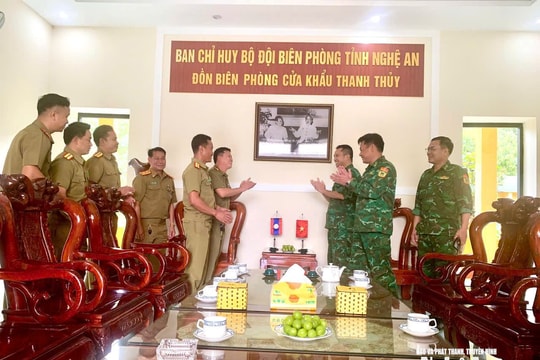
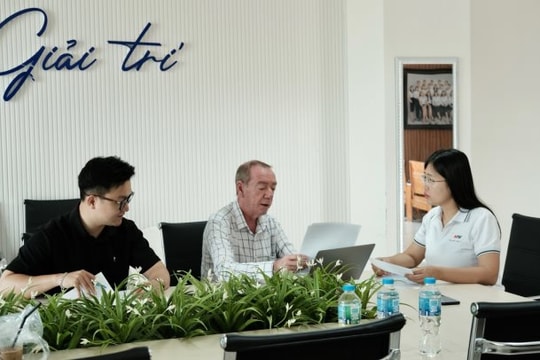
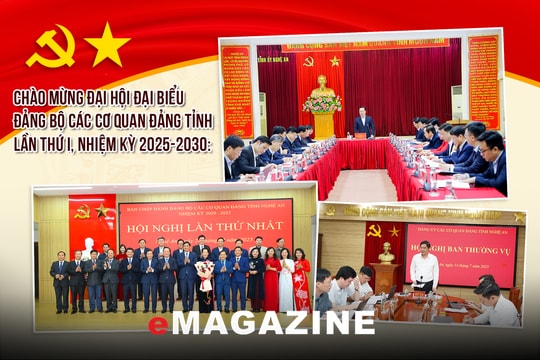
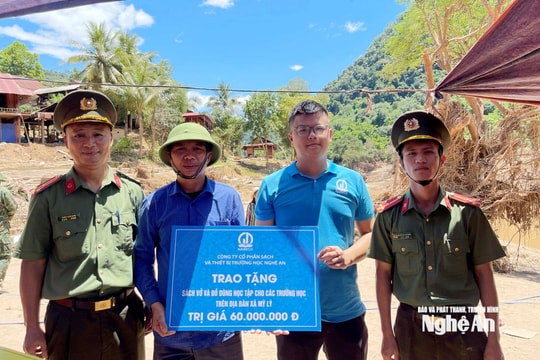

.jpg)
